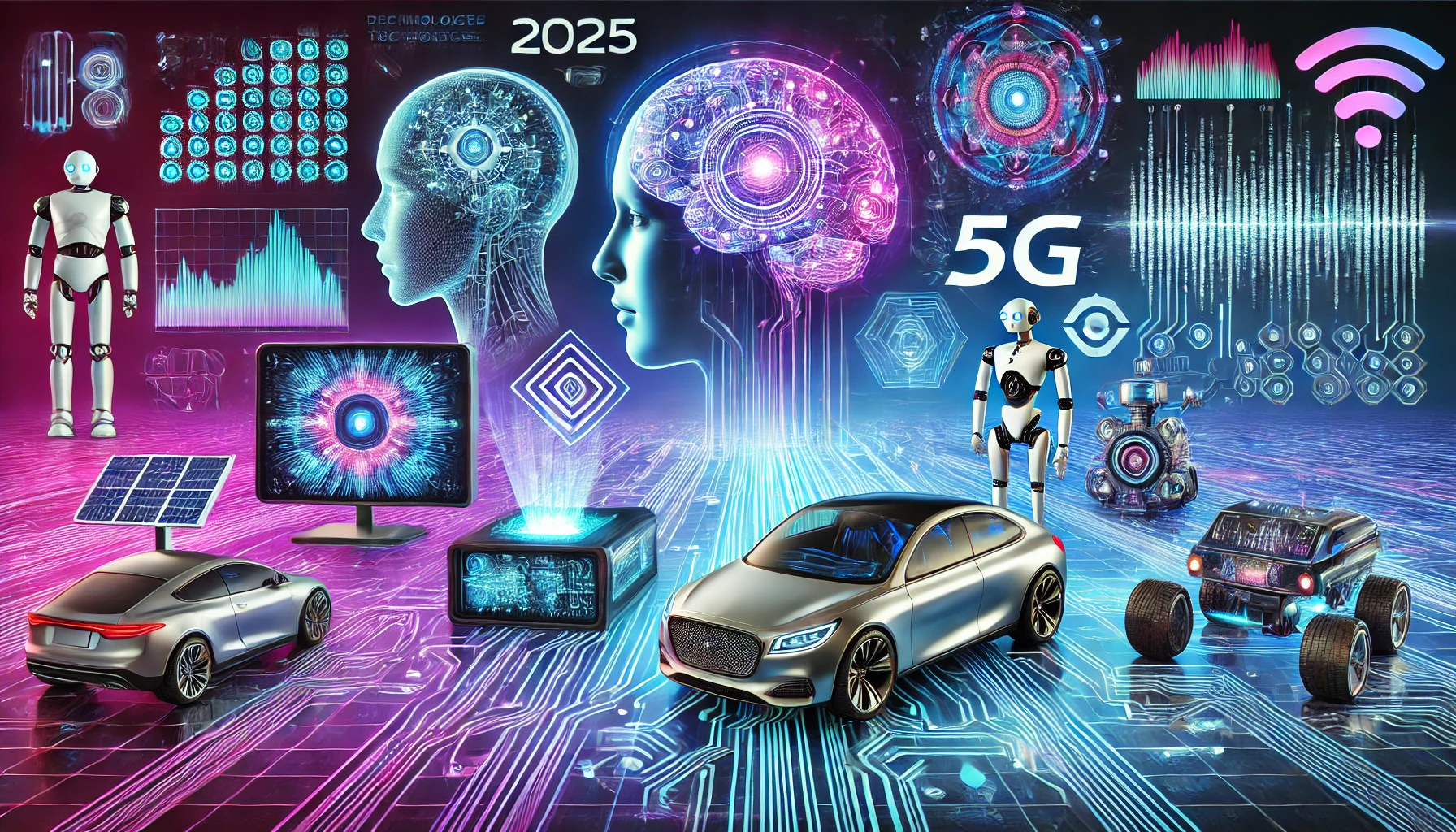Computer science is growing and changing faster than ever before. As we step into 2025, new technology in computer science is making big waves and changing how we live and work. From artificial intelligence to faster internet, these advancements are not just for tech experts—they’re impacting everyone’s daily life. Let’s take a closer look at what’s trending and how these innovations are making a difference.
Artificial Intelligence and Machine Learning
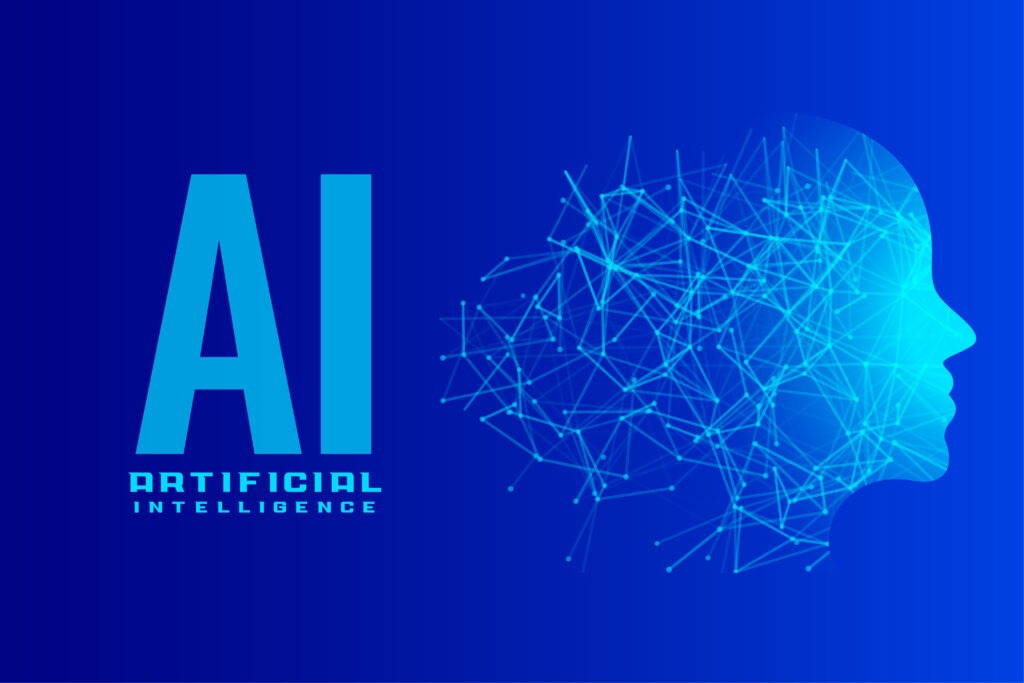
Artificial Intelligence (AI) and Machine Learning (ML) are at the top of the list when it comes to exciting new technology in computer science. In 2025, these tools are smarter and more useful than ever. They’re not just helping computers recognize faces or understand speech; they’re creating entirely new ways to solve problems.
There are different applications of AI. For example, doctors are using AI to find diseases early and suggest the best treatments. AI systems can look at thousands of medical records in seconds and give advice that’s often more accurate than a human doctor. Businesses are also using AI to manage their supply chains, helping them save money and reduce waste. And when AI is combined with smart devices like home assistants or connected appliances, it’s making everyday life easier and more convenient.
Quantum Computing: Solving the Impossible
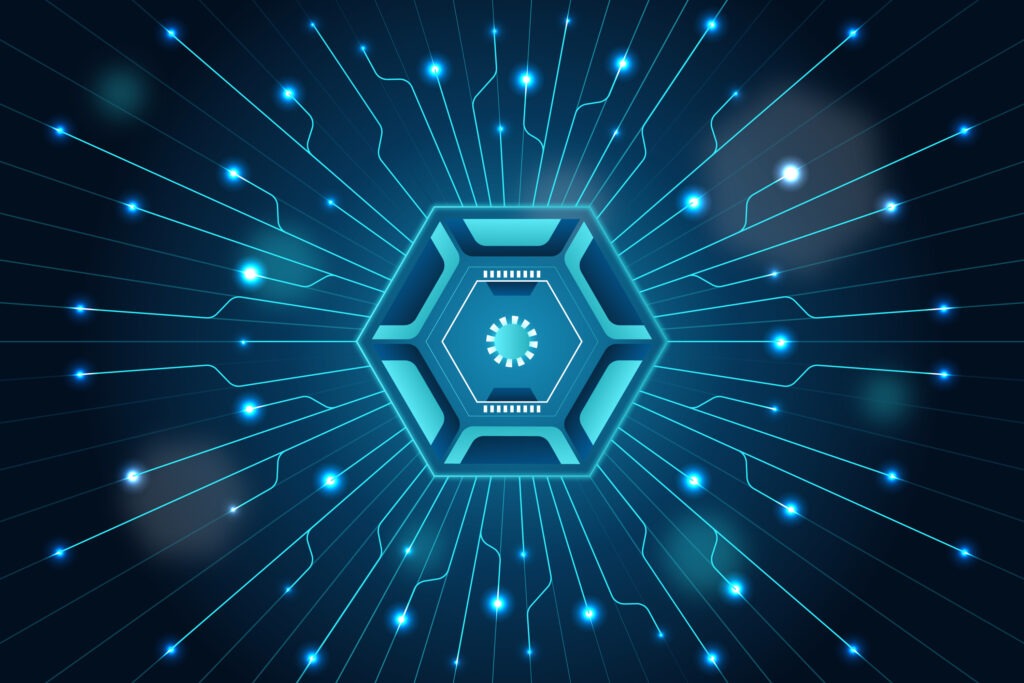
Quantum computing might sound like something from a science fiction movie but it’s becoming a reality in 2025. Unlike regular computers, which use bits (zeros and ones) to process information, quantum computers use qubits. This allows them to handle much more complex calculations.
One area where quantum computing is making a big difference is medicine. Scientists can use quantum computers to design new drugs much faster by simulating how molecules interact. This could lead to cures for diseases that have been impossible to treat until now. Quantum computers are also improving data security by creating unbreakable codes, which is crucial as more of our lives move online.
Quantum computing is also making waves in the business world offering faster problem solving and secure encryption. Discover how quantum computing is revolutionizing businesses.
Edge Computing: Processing Data Faster
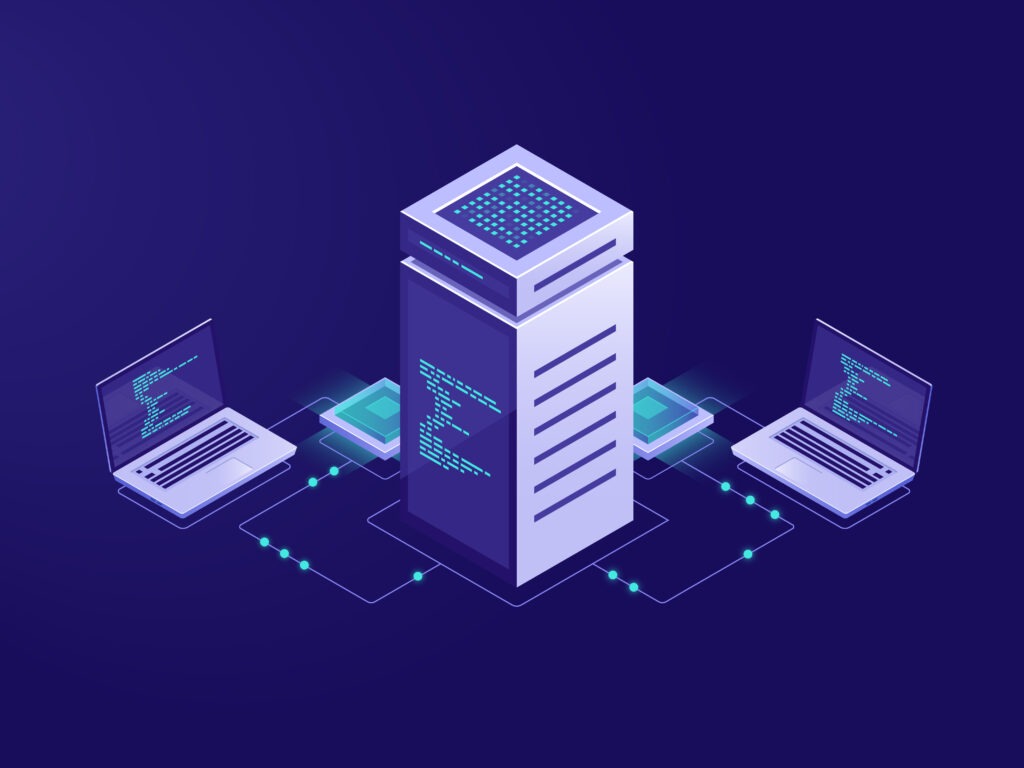
Edge computing is another important new technology in computer science. It’s all about bringing data processing closer to where it is needed instead of relying on faraway servers. This makes things faster and more reliable.
Take self driving cars as an example. These vehicles need to make split second decisions like when to stop or turn. With edge computing the car’s sensors can process data right away without waiting for instructions from a central server. This makes them safer and more efficient. Factories and stores are also using edge computing to predict when machines will need repairs or to personalize shopping experiences for customers.
Blockchain: More Than Just Cryptocurrency
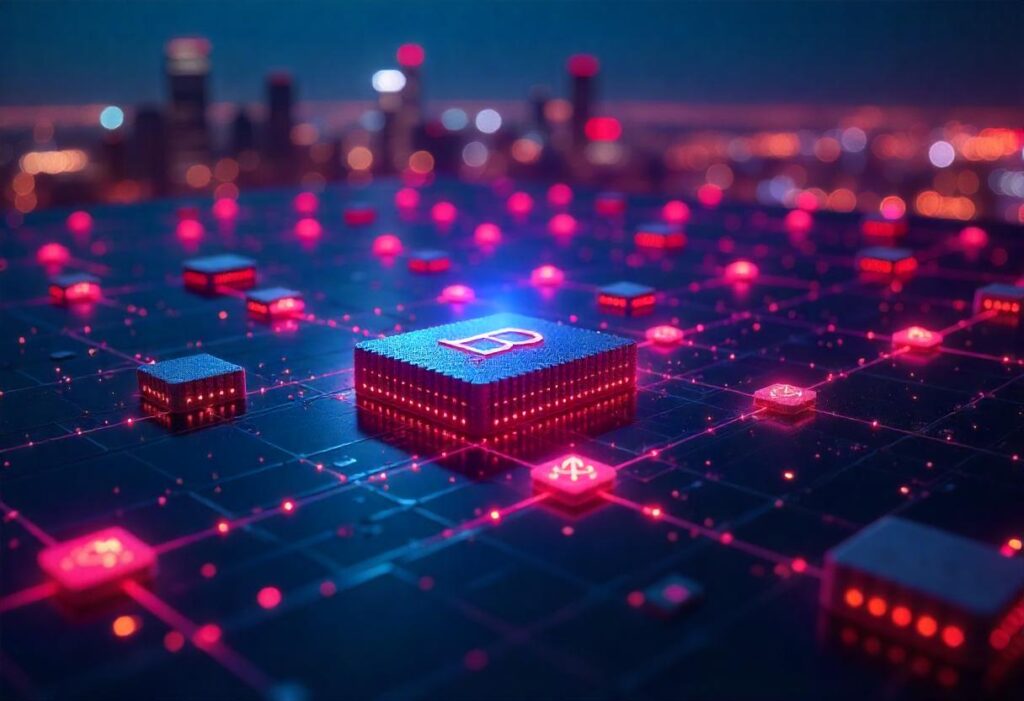
You’ve probably heard of blockchain because of Bitcoin and other cryptocurrencies. But in 2025, blockchain is being used for so much more. Blockchain is a safe and transparent system for storing information that cannot be altered or hacked.
For example, hospitals are now using blockchain to keep patient records safe and private. This helps patients and doctors access the information they need easily without worrying about data leaks or security issues. In the food industry, blockchain helps track where products come from ensuring they are fresh and safe to eat. These practical uses show how blockchain is becoming a vital part of new technology in computer science.
Cybersecurity: Staying Ahead of Hackers

As technology becomes more advanced, so do the threats to our security. In 2025, cybersecurity is a top priority. New tools are being developed to keep our data safe from hackers and other cybercriminals.
AI is playing a big role here too. It is helping to detect and stop cyberattacks before they can do any damage. For instance, smart systems can recognize suspicious emails and block them automatically. On top of that, new methods like facial recognition and fingerprint scanning are making it harder for unauthorized users to access sensitive information. These advancements are crucial as we rely more and more on digital technology.
Augmented Reality (AR) & Virtual Reality (VR): Changing How We See the World
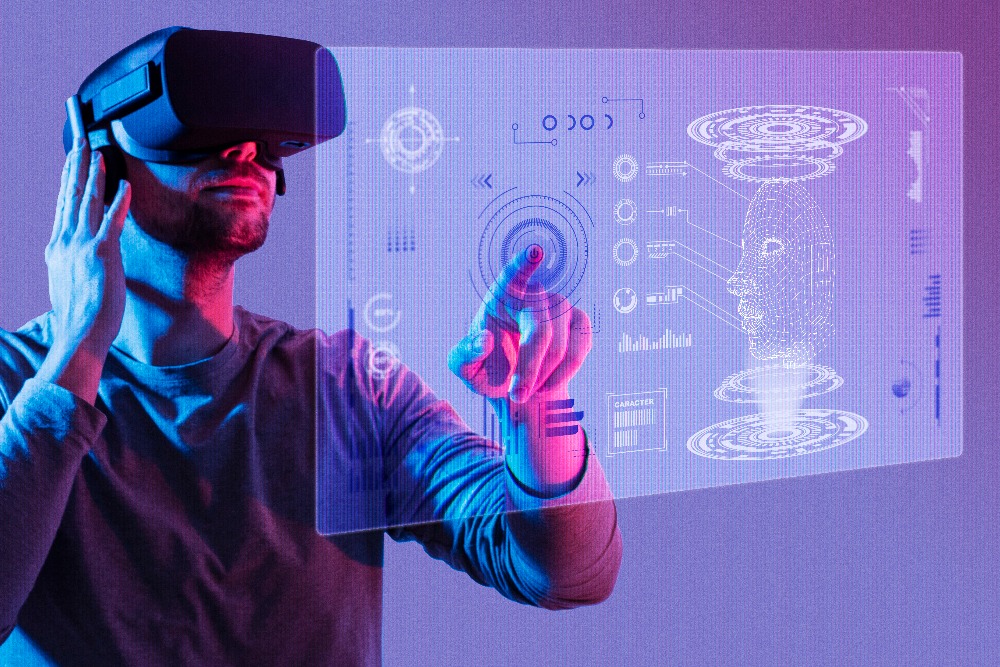
AR and VR are no longer just for video games. In 2025, these technologies are being used in many areas, from education to healthcare to shopping. They create experiences that feel incredibly real, even though they’re powered by computers.
For example, medical students can practice surgeries using VR, which lets them learn without any risk to real patients. Shoppers can use AR to try on clothes or see how furniture will look in their homes before buying. These tools make learning and shopping easier and more fun, showing how new technology in computer science is improving everyday experiences.
AR is not just a concept but a growing market with exciting tools and devices. Check out the latest augmented reality accessories to see how this technology is being used today.
Green Computing: Technology That Helps the Planet
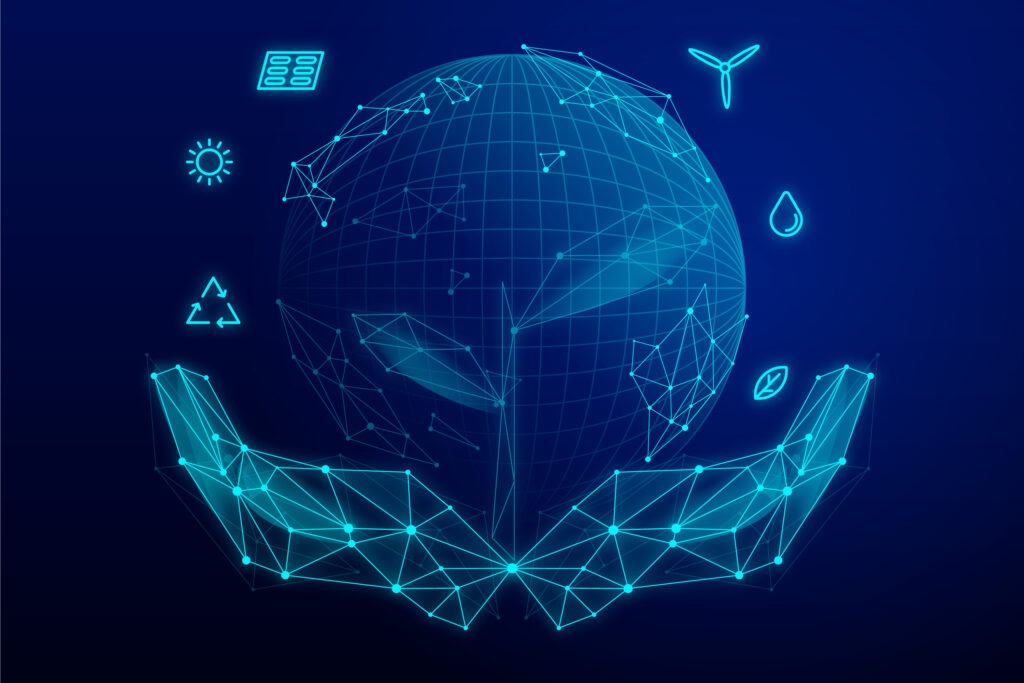
As concerns about climate change grow, green computing is becoming a big trend. This means designing computers and software that use less energy and create less waste. In 2025, many companies are focusing on making their technology more eco-friendly.
Data centers, which are the backbone of the internet, are now using renewable energy sources like solar and wind power. They’re also finding smarter ways to keep their servers cool, which saves energy. At the same time, programmers are writing code that makes software run more efficiently, so it uses less power. Green computing is a great example of how new technology in computer science can benefit both people and the planet.
5G and Beyond: The Future of Connectivity
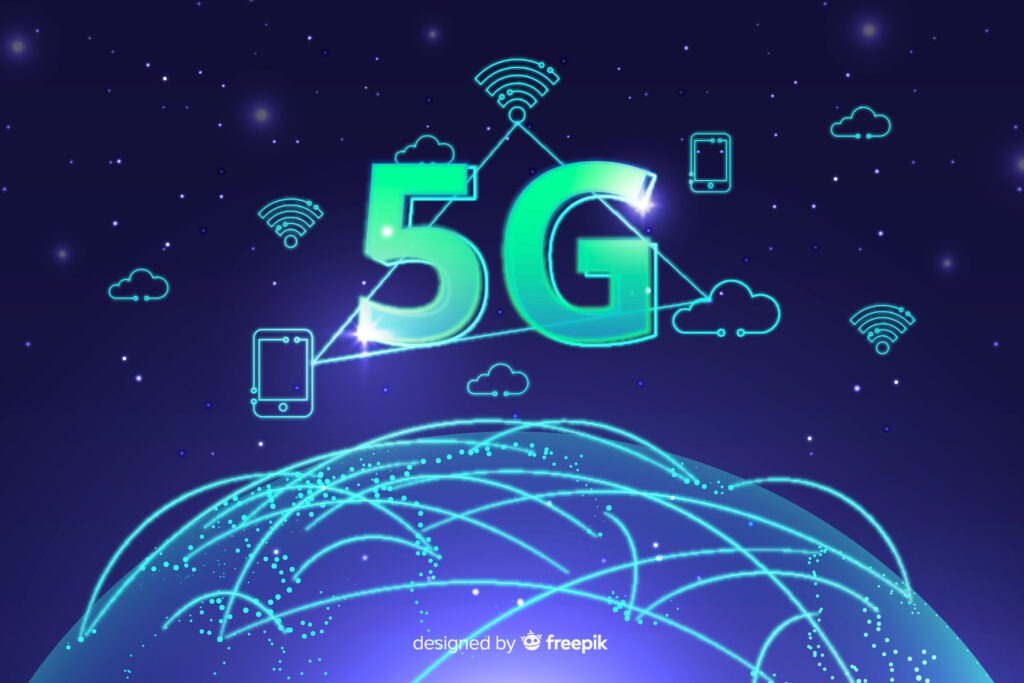
The rollout of 5G networks is one of the most exciting developments in recent years, and in 2025, we’re seeing what this technology can really do. With faster internet speeds and lower delays, 5G is making it possible for devices to work together like never before.
Smart cities are a great example. With 5G, everything from traffic lights to public transportation can communicate and work more efficiently. In healthcare, doctors are using 5G to perform surgeries remotely, controlling robotic arms from miles away. This kind of connectivity is transforming how we live and work, proving the power of new technology in computer science.
Natural Language Processing (NLP): Making Computers Understand Us
NLP is the technology that helps computers understand human language. In 2025, this field has made big strides. Virtual assistants like Alexa and Siri are now better at understanding what we mean, not just what we say.
For example, customer service bots can handle more complicated questions, saving time for both companies and customers. NLP is also being used to create tools that help people write better, like grammar checkers and content generators. These improvements show how new technology in computer science is making communication easier and more effective.
Biometric Technology: Safer and Smarter Authentication
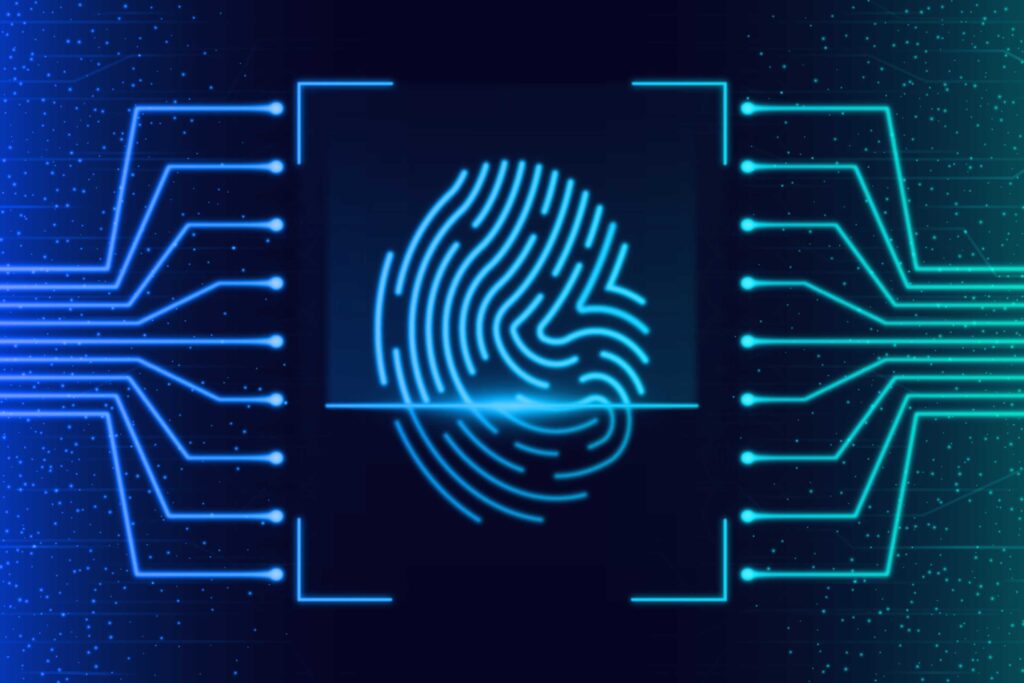
Biometric technology uses things like fingerprints, face scans, and voice recognition to verify identity. In 2025, this technology is becoming a standard part of our daily lives.
Banks are using biometrics to make online banking more secure. Instead of typing in a password, you can log in with your fingerprint or face. Schools are also using biometrics to take attendance and make sure exams are fair. These advancements are making life safer and more convenient, thanks to new technology in computer science.
Ethical AI: Technology With a Conscience
As AI becomes more powerful, it’s important to make sure it is used responsibly. In 2025, many companies are focusing on creating AI systems that are fair and unbiased. They are checking their algorithms to make sure they are fair and do not share wrong information. Governments are also making rules to use AI safely. For example, there are rules for using facial recognition to keep people’s privacy safe. This focus on ethical AI shows how new technology in computer science is being created with care and thoughtfulness.
Final Thoughts
Latest technologies are changing the world in amazing ways. In 2025, we are seeing advancements that make life easier, safer and more exciting. From AI and quantum computing to green technology and 5G, these innovations are solving problems and creating new opportunities.
The best part is that these technologies aren’t just for experts. They are making a difference for everyone, whether it is helping doctors find cures, making cities smarter or simply making everyday tasks more convenient. By keeping up with these trends we can all be part of a future that’s shaped by new technology in computer science.
Frequently Asked Questions
1. What are the most important new technologies in computer science in 2025?
Key technologies include artificial intelligence (AI), quantum computing, blockchain, edge computing, and 5G connectivity. These innovations are transforming industries and improving everyday life.
2. How is AI changing the way we live and work in 2025?
AI is revolutionizing healthcare, business, and daily tasks by offering advanced tools for diagnostics, automation, and personalized experiences. It is also making systems smarter and more efficient.
3. What is quantum computing, and why is it important?
Quantum computing uses quantum mechanics to solve complex problems much faster than traditional computers. It is crucial for advancements in medicine, encryption, and large-scale simulations.
4. How is green computing helping the environment?
Green computing focuses on energy-efficient technologies and practices, such as renewable-powered data centers and optimized software, reducing the environmental impact of digital infrastructure.
5. Why is blockchain important beyond cryptocurrency?
Blockchain ensures secure and transparent data sharing, with applications in healthcare, supply chain management, and digital identity verification, making it a vital technology for the future.

